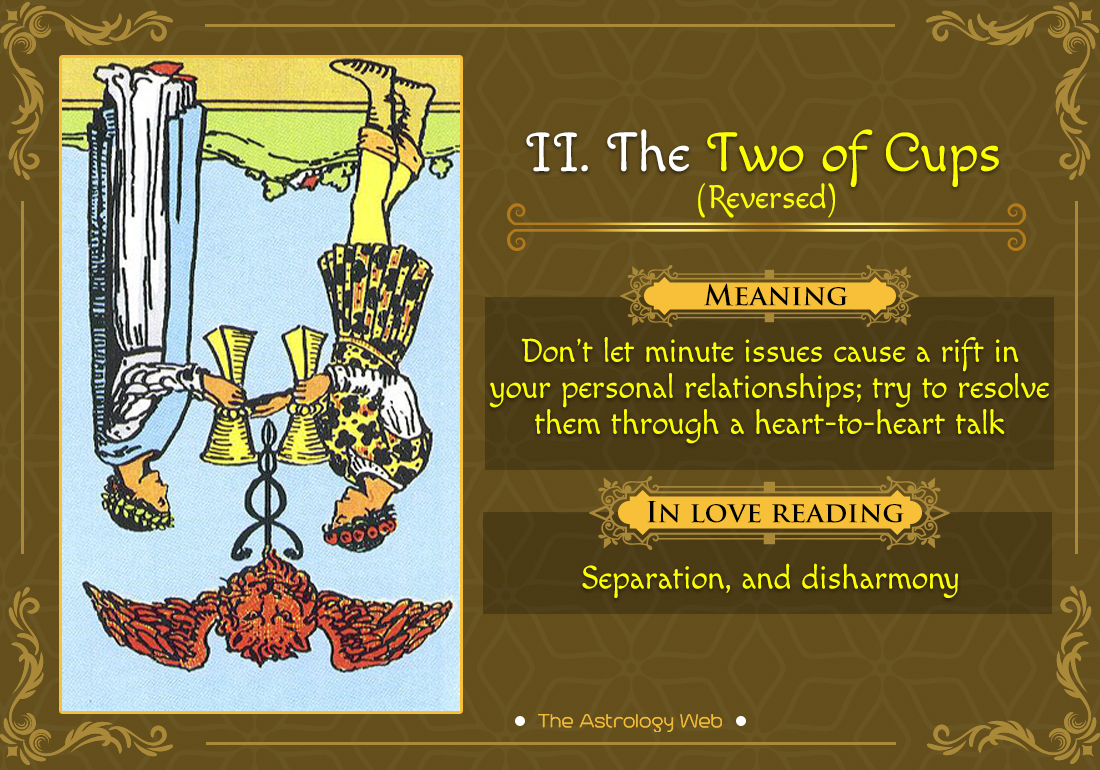
Palm reading is an ancient art. If you're interested in learning the art of palm reading, there is a handbook available. This article will teach you about the Life, Wisdom, Love, and Spatulate lines. You'll be able to better understand your hand by learning these.
Lifeline
A palm reading's life line is a sign of a person’s future. It runs from the pointer finger to the pinkie, running along the palm at an angle. It also runs along the thumb and heel. A person who has a life line that is longer is likely to be energetic, adventurous, and take risks. If the life line is very short, however, the person becomes drained and listless.
If the life line is strong and long, it means that the person has passion for work and is entrepreneurial. A thin line can indicate that the person has difficulty with work. A narrow line, on the other hand, is a path that leads to success. A person's hand also contains a Curve of Solomon located beneath the index finger. The Curve of Solomon represents a person’s natural ability and emotions to teach others.
Wisdom line
The wisdom line or headline is the area of the palm that indicates intelligence. It extends from the thumb and index fingers to the middle part of the palm. It is above the heart line, but below the life line. Mental strength is affected by a headline that is either too long or too wavy.

Other lines are called life or fate lines. These lines are used to reveal one's financial status and indicate the forces that influence their lives. A person with a deep destiny line might be successful in different fields and have access a large number of assets. It may also indicate that a senior needs mentoring or assistance.
Love line
Your love line can reveal a lot about you and your relationship. It can also provide insight into your emotional stability. If the love lines are curved, you might be unsure how to approach the one you love. You might feel shy or egoistic which can cause problems in your relationships.
A person with a curving heartline is more likely to desire sex. This means that they are in search of a good partner. They may struggle to control their emotions and experience heartbreak.
Spatulate hand
Spatulate hands can be energetic, restless and have flared fingers and ends. They are inventive and driven and enjoy challenges. They are pragmatic and practical, and they have a pragmatic approach. Having a spatulate hand reading is a great way to learn more about yourself.
People with spatulate fingers work in science, engineering, and art. These careers may not offer as much financial reward as others, but they are often very rewarding. These people are typically inventors. They can also be scientists, astronauts and explorers. They are extremely intelligent, even if they don’t have much.

Earth hand
Your life themes can be revealed by the topography of your Earth hand. The palm's mounts correspond with the seven classical planets, and a prominent mount indicates a dominant personality. These details can be used to predict the future by looking at someone's hand.
The Earth hand has small fingers and a square palm. These people are practical and logical, but they can become too concerned about immediate realities. They may lose patience if they aren't given enough stimulation. Fire hands are typically more energetic, confident, as well as energetic. However, they can be less patient.
FAQ
Can I make money from my hobby?
You can have many hobbies that lead to extra income.
If you are passionate enough about your hobby to decide to sell it,
If you are a stamp collector, you might want to start a website that sells rare stamps.
You can also make extra income by selling and buying stamps.
Another option is to set up a YouTube channel that focuses on your hobby.
This allows one to share their passion with others, potentially generating additional revenue through the offering of premium content.
How do I start my new hobby?
You must decide what hobby you want before you start any new hobby.
Once you've chosen your subject, you need to be passionate about it.
It is crucial to know why you want to pursue a hobby. It will provide you with direction and purpose.
Once you've chosen the hobby you would like to pursue you can start planning.
Consider the equipment that you will need.
You should consider whether or not you will need to take classes or attend seminars.
Ensure that you have enough space for your hobby.
A club or group might be something you consider. These groups can offer support and guidance.
Think about how much you'd need to spend on your hobby.
What are your competitive hobbies?
Competitive sports include running, swimming, cycling, golfing, tennis, etc.
These games are often played by people who enjoy exercise but also offer the opportunity to interact with others.
You'll likely find others who are interested in your hobby if it involves physical activity.
You might consider joining a group or club that meets regularly to play together in sports.
Participating in group games, which involve playing alongside others, is another option.
These include soccer (soccer), rugby, netball and hockey.
There are many types of competition.
Some competitions can be used for only recreational purposes.
Others are designed for competitors to prove their skill.
And still, others are designed to reward outstanding performance.
These cases award prizes to the winners.
Other competitions test strength and endurance.
These are known as endurance events.
For example, marathon races, triathlons, Ironman Triathlon, etc.
Athletes often train hard before competing in these events.
They will be required to follow a rigorous training program in order to prepare mentally and physically.
They may also need to spend some time away from home during preparation.
It is important to keep in mind that not all athletes can compete in every event.
Is it possible for a hobby to make you rich?
Not necessarily.
However, it is possible to become wealthy by starting a business around your hobby.
Let's assume you like cooking. You enjoy healthy food so you opened a restaurant.
You only prepare organic meals from scratch. To cover the labor and ingredients costs, you will charge your customers a small service fee.
You grow your clientele and eventually you hire employees who can work with you.
You can eventually expand your menu to include vegan and gluten-free dishes.
In this scenario, you've created a successful business that has allowed you to live the type of lifestyle you wanted.
You don't have a right to quit your job.
You could also run your restaurant, while still maintaining your 9-5 job.
What kinds of hobbies are appropriate for introverts.
Introverts can focus on only one thing at a given time. They enjoy solitude and prefer to read, write, play music, watch movies, etc.
They also enjoy spending quiet time alone. They don't enjoy being social all day. In fact, they can often be bored when surrounded with people.
This is why introverts often choose hobbies that require them to be alone. They might enjoy reading, listening to music or taking photos, painting, writing poetry, and other such activities.
Introverts may even prefer to live alone. They are able to concentrate on their hobby while not being distracted by other activities.
What are some great hobbies for seniors?
Senior citizens should enjoy engaging in fun activities. Active seniors should take up sports and other physical activities.
They may want to join clubs that allow them to meet others with similar interests. They'll be less lonely as they get older.
Senior citizens should keep up to date with the latest trends. For example, seniors could keep up with the latest fashions, art and literature.
What are educational hobbies?
An educational hobby involves a sport or other activity where you can learn something from doing it. It could be anything, from playing sports to learning how an instrument is played.
You should have fun with it. You don't necessarily have to do this all the time. But if it becomes boring, then think about what you could be doing.
These activities can also be costly so make sure you don't spend too much.
Statistics
- Much of this decline reflects the fact that teens are less likely to work today than in the past; among employed teens, the amount of time spent working is not much different now than it was around 2005. (pewresearch.org)
- 37% Video Games 36% Travel 36% Health and Fitness (quizexpo.com)
- Studies show that just six minutes of reading can reduce stress levels by 60 percent. (oberlo.com)
- I am 100% biologically a woman (discover.hubpages.com)
- A new survey by Pew Research Center of teens ages 13 to 17 finds that 36% of girls feel tense or nervous about their day every day; 23% of boys say the same. (pewresearch.org)
External Links
How To
How to get started gardening
Gardening is one form of agriculture that dates back to the beginning. It requires patience, persistence and determination. The first step in starting your own garden is choosing a location where you want to grow food. You could choose to plant food on a large parcel of land, or in your own backyard. Next, you will need to decide which type of plants are best for you. Do you prefer flowers over vegetables? Some people love to grow herbs, while others enjoy raising animals like rabbits. Before you decide what crops to plant, you should think about how much space is available. If you live in a region that experiences cold winters then it is possible to grow fruits and berries.
Once you have made your choice, it is time to prepare the soil. The soil is crucial in determining whether your plants thrive or not. Good quality soil contains organic matter that helps feed your plants' roots. Organic matter includes organic matter such as leaves, twigs or grass clippings. After you have prepared your soil you must add nutrients. You may need different amounts depending on what type of plants you are trying to grow. An online fertilizer calculator can help you calculate these values. There are many fertilizers available so be sure to know what you are purchasing.
Now, wait for your seeds to germinate after you have prepared your soil and added the necessary nutrients. The process can take between 2 and 3 months depending on how hot or cold it is in your region. After seeds have sprouted, water them every day. Overwatering your plants can lead to problems. Ensure you give your plants enough water at regular intervals and avoid overwatering. Overwatering can lead to root rot and fungal diseases. Remember that plants need less water in the summer than they do in the winter. Remember that some plants require drying out after being watered. Tomatoes, for example, need to be kept moist but not too wet. They are not happy to be in soggy soil. After the flowers have stopped, they must go into dormancy. Dormancy occurs when plants stop producing any new growth and start to store energy for the next harvest. During dormancy, the plant stops sending signals to its roots telling them to produce food. Plants continue to store energy throughout this period. However, the plant will die if temperatures drop below freezing or there is insufficient sunlight.
Urban areas can limit your choices for plants. Concrete sidewalks, roads or parking lots can block sunlight from reaching urban areas. Concrete absorbs sunlight, which prevents the soil beneath from getting enough sun exposure. This is why many plants cannot thrive in cities. There are many plants that can survive in urban environments. Many trees, shrubs, and perennials can adapt to city living. Many annuals can also grow indoors in pots. You can grow fresh greenery year-round in containers.
Now you're ready to plant.